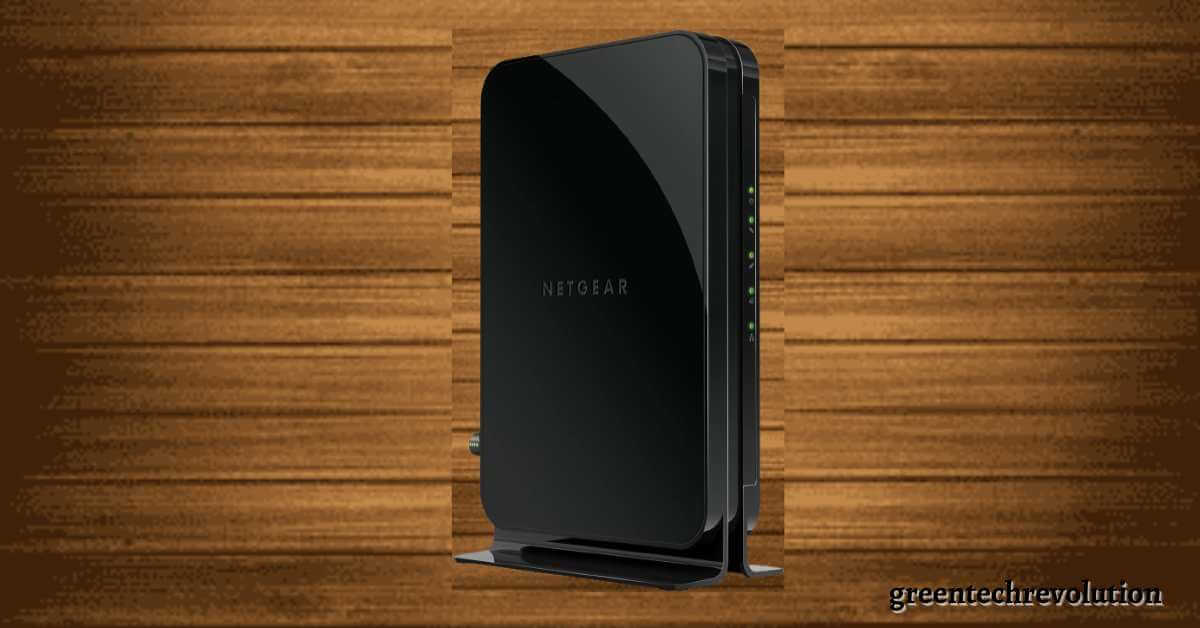How Long Do Wireless Modems Last? Just like any other piece of technology, wireless modems have a lifespan. However, unlike other devices, the length of time a wireless modem will last is largely dependent on how it is used. If you use your wireless modem sparingly, it could last for years.
However, if you are constantly streaming video or downloading large files, your modem will likely only last a few months. The good news is that wireless modems are relatively inexpensive, so even if yours does not last as long as you would like, it should not be too much of a financial burden to replace it.
Wireless modems are one of the most popular ways to connect to the internet, but how long do they last? The answer may surprise you. Wireless modems can last for years, even with heavy use.
However, there are a few things that can shorten their lifespan, such as exposure to extreme temperatures or water damage. If you take good care of your wireless modem, it should last for many years.
How Long Do Wireless Modems Last
If you’re using a wireless modem provided by your ISP, it’s likely that they will replace it for you if it stops working. However, if you’re using your own wireless modem, then it’s up to you to keep track of its lifespan and replace it when necessary. So how long do wireless modems last?
On average, a wireless modem should last for around three years. Of course, this is just an estimate and some modems may last longer while others may need to be replaced sooner. There are a few factors that can affect a modem’s lifespan such as how often it’s used, whether or not it’s properly ventilated, and so on.
To get the most out of your modem, make sure to follow the manufacturer’s recommendations for care and use. For example, many modems need to be reset periodically in order to stay connected to the internet effectively. Additionally, be sure to keep your modem in a well-ventilated area so that it doesn’t overheat.
By following these simple tips, you can help extend the life of your wireless modem.
What are the Benefits of Using a Wireless Modem
A wireless modem is a device that connects your computer to the Internet without the need for cables. It uses radio waves to communicate with your computer, and can be used in any location that has a clear view of the sky. Wireless modems are becoming increasingly popular as more people use laptops and other portable devices that require an Internet connection.
There are several benefits of using a wireless modem:
1) Convenience: Wireless modems eliminate the need for messy wires and cables. You can take your laptop or other device anywhere in your home or office and connect to the Internet without having to worry about finding a place to plug in.
2) Portability: Wireless modems are small and lightweight, making them easy to take with you when you travel. Many hotels now offer wireless Internet access in their rooms, so you can stay connected even while on vacation. 3) Improved security: Wirelessly connecting to the Internet means that your data is less likely to be intercepted by hackers than if you were using a wired connection.
4) Increased speeds: The latest generation of wireless modems offers significantly increased speeds over older models, making it possible to stream video or download large files quickly and easily.
Are There Any Disadvantages to Using a Wireless Modem
Wireless modems are becoming increasingly popular as people look for ways to reduce the amount of cords and cables in their homes and offices. However, there are some disadvantages to using a wireless modem that should be considered before making the switch. One of the biggest disadvantages of a wireless modem is that they can be more expensive than traditional wired modems.
This is because they typically require special equipment like routers and repeaters to function properly. Additionally, wireless modems can be more difficult to set up than wired ones since you often have to troubleshoot signal strength issues. Another downside to wireless modems is that they can be less reliable than their wired counterparts.
This is because things like walls and other objects can interfere with the signal, causing it to drop out or become spotty. If you live in an area with bad weather, then your wireless modem is also more likely to experience problems during storms or power outages.
Final Thoughts
The typical lifespan for a wireless modem is about three to five years, depending on the make and model. However, there are a few things that can shorten the life of your modem, such as power surges and overheating. If you take good care of your modem and don’t overload it with too many devices, it should last for several years.









Leave a Reply
You must be logged in to post a comment.